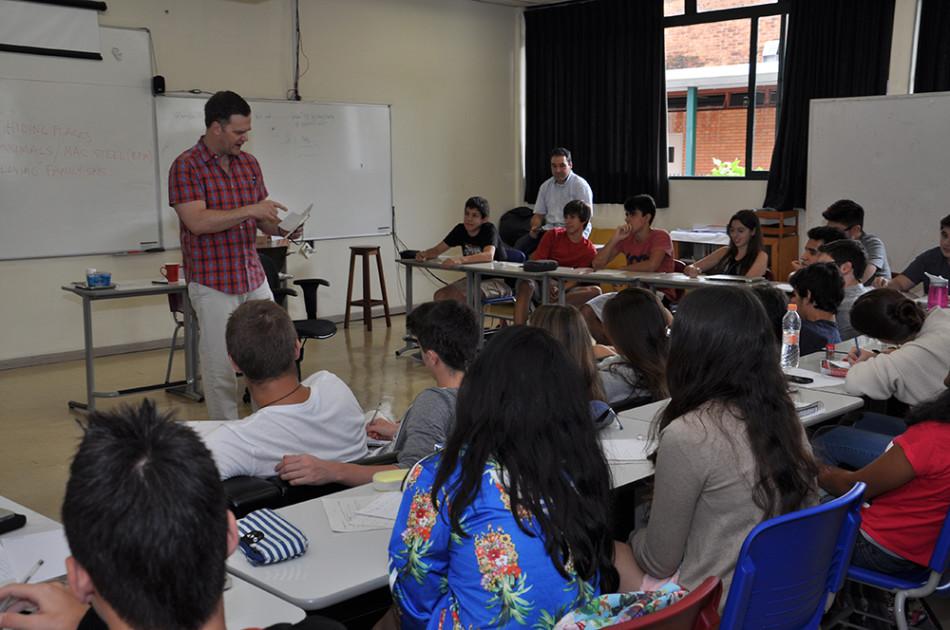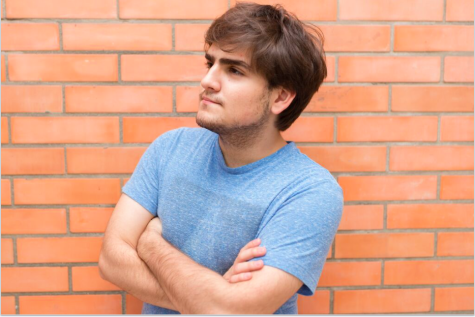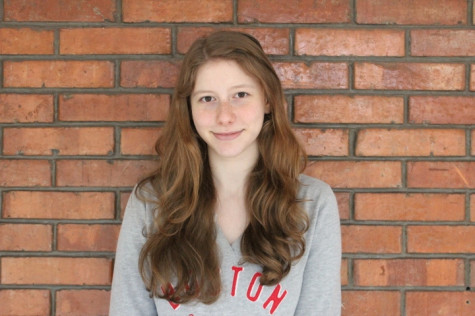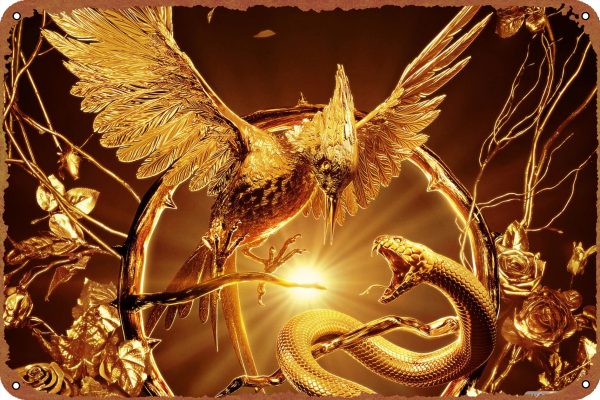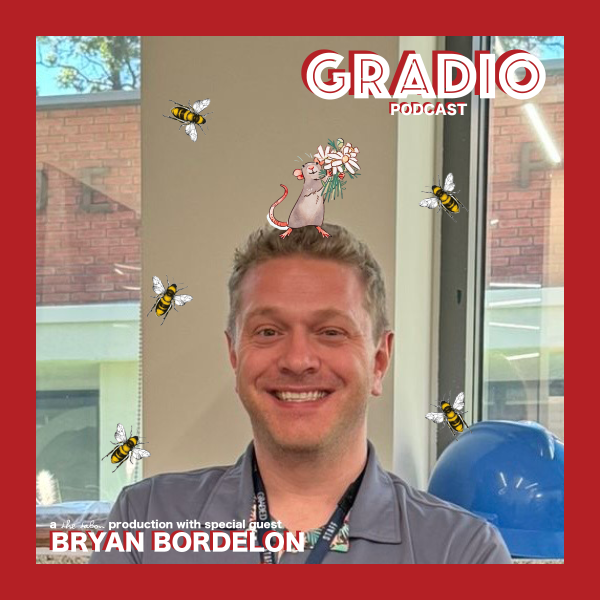An interview with Taylor Mali
Michael Borger: Do you have a favorite poem?
Taylor Mali: “The Lanyard” by Billy Collins. [Interviewer’s note: Mali actually performed this poem in some of the English classes he visited.]
MB: How do you deal with social media?
TM: I never read comments. Okay, maybe I read them occasionally. I try my best not to, especially those in cap locks with flagrant grammatical errors. They’re usually not very constructive.
MB: How do you think social media has helped your career?
TM: I’m like the A-ha of Youtube. MTV sparked A-ha’s career when they played “Take on Me” on repeat (starts singing the chorus of “Take On Me” *). MTV made them popular, and Youtube did that for me.
MB: What is that move you use when you end poems?
TM: It’s called the “microkarate” bow. Sean Thomas Dougherty, a poet, used to do it. Since poems are lyrical and sometimes subtle, they don’t always have obvious endings. To avoid confusion, he decided to start using this “microkarate” bow to let audiences know he was done. I started doing the same because many times, the audience wouldn’t know if I had ended or not and would start clapping in the middle of the poem.
For instance, in Tony Steinberg: Brave Seventh Grade Viking Warrior, there’s a part where I lift my hand in the air and keep it there while not saying anything. I do this as a sign that the poem isn’t done yet. When I lower my hand, it indicates to the audience that I’ve finished, and if they want to clap, now’s the time to do so.
MB: When did you start calling yourself a poet?
TM: I started calling myself a poet in early graduate school. A lot of people feel they have to publish something before they start calling themselves a poet. Whenever I meet someone and tell them I’m a poet, they always ask me if I’ve had my work published. I can now say I have, but when I first adopted the “poet” title, my work still wasn’t in books or recited in Youtube videos. A lot of unpublished poets feel they need to justify why their work hasn’t been printed, but I don’t think that’s what defines a true poet. Instead, I think what’s most important for a poet is to read a lot and assimilate information.
MB: How has spoken-word poetry changed how you live?
TM: I find it increasingly harder to enjoy simple things, to experience events without searching for the hidden poems in them. Moreover, I’ve become a keener observer.
MB: How do you write poetry?
TM: I first write poems in my Moleskine journal, allowing my thoughts to flow without much revision and editing. I then type up the poems in my computer while reading them aloud, which helps me revise phrases and hear how they would sound. Once again, I then read my poems aloud, but this time to a friend, so I can get feedback and many times revise my poems even further. There’s definitely process to it.
MB: Do you change your poetry depending on the audience?
TM: Depends on the poem, but yes, I do that sometimes. I have my poems memorized, so when I present, I keep the audience in mind. If I present “Why Falling in Love is Like Owning a Dog,” I put the city I’m in when I say “in a big city like _______.” It immediately draws the audience into the poem because they start relating to what I’m saying. That one change makes a significant difference in the imagery for that poem because audiences know their city’s personality, so when I insert the location, they instantly connect with my words.
MB: Out of your poems, do you have any favorites?
TM: No. Maybe “the one I’m going to write tonight.”
MB: Based on Gabriel Borger’s question about whether “you prefer playing with words or telling a story,” do you think poetry adds elements of story-telling other art forms don’t?
TM: No, but it does express art in a condensed and verbal way.
MB: What do you think makes a poem memorable?
TM: Vivid images, truth-telling, bravery, and sheer beauty.
After Mali had answered a few of my questions, he also responded to questions submitted by some fellow high school students.
Amanda Clark: Is there a poem that you think applies to you? If so, why?
TM: Robert Frost’s “The Road Not Taken” because as a poet, I took the road not taken. As a professional poet and teacher, I’ve taken two roads, and one of them was the “road not taken.”
Luisa Kim: As a poet, do you think poetry comes from natural talent, effort, or a combination of both?
TM: Certain things are hard to teach, like how to create metaphors and similes. I admire certain poets for being able to think imagistically so quickly and easily, but if poetry were an art that couldn’t be taught, I wouldn’t have a career. I’ve worked hard on crafting my poems, and I think Malcolm Gladwell’s 10,000 hours theory—to master something, one must spend 10,000 hours practicing it—fits here. There’s definitely an element of raw talent, but effort feeds into it and is incredibly important.
If you want to hear more from Taylor Mali, look for the podcast coming soon here at GradedTalon.com.
*I promise he really did start singing. All the ninth and tenth grade English students can attest that he starts singing any time he chooses, and that they have heard him sing at least one song, most likely something by Maroon 5.

